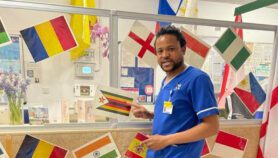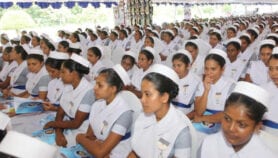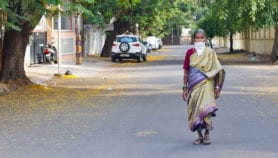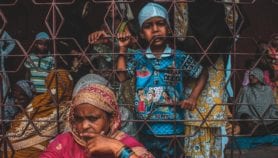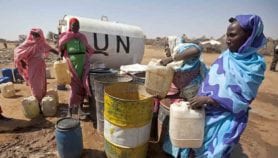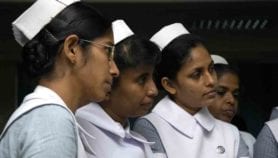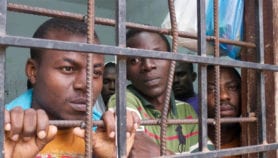Send to a friend
The details you provide on this page will not be used to send unsolicited email, and will not be sold to a 3rd party. See privacy policy.
Old-fashioned ‘parachute science’ — in which scientists from industrialised countries fly in to developing countries, obtain blood from a few patients and immediately return home with their samples — is no longer acceptable, say Frances Gotch and Jill Gilmour in Nature Immunology.
Developing country scientists want to take ownership of scientific endeavours, or at least be equal partners, say the authors.
Gotch and Gilmore have helped expand laboratories in Uganda to enable large-scale, international HIV vaccine trials to take place. They say trials must be carried out where the epidemic is worst and that their experience has shown high quality trials and good clinical practice, including sophisticated testing, can be done even in areas where resources are scarce.
Successful laboratory development requires a central ‘supporting’ laboratory as well as substantial investment in the training of laboratory and managerial staff, and sustained long-term support, they say.
The authors emphasise that publication in reputable journals of exciting and important research by adequately funded, highly qualified scientists in the developing world is of "paramount importance" and might halt the brain drain from the developing world.


